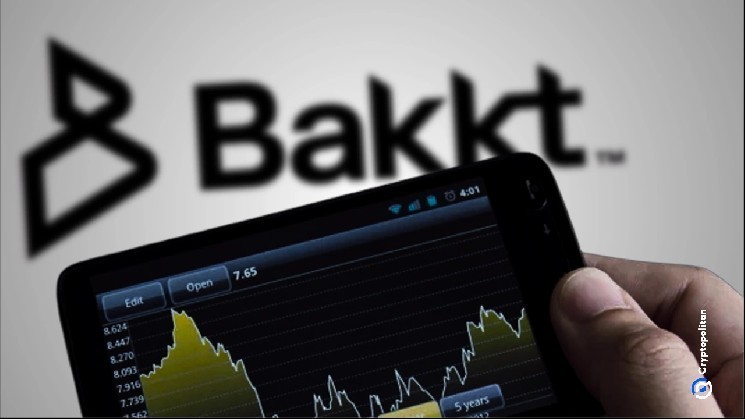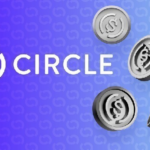Bakkt reported third-quarter sales of $402.2 million, up from $316.3 million in the year-ago period, but recorded a net loss of approximately $21.6 million due to non-cash charges of $37.2 million related to changes in the value of warrant debt related to the direct offering.
The numbers were lower than expected, and the stock fell 13% in morning trading Monday, according to the company’s third-quarter report. GAAP EPS for the third quarter was -$1.15 (-$0.45 in the prior year period), well below the average analyst estimate of $0.50.
Total operating expenses increased to $427.5 million from $341.5 million in the prior year period.
However, Bakkt’s adjusted EBITDA showed progress, reaching $28.7 million from negative $20.4 million last year. Adjusted net income from continuing operations ended the quarter at $15.7 million.
Bakkt said most of its transition to a business focused on cryptocurrency services has been completed. This includes the sale of its royalty business on October 1st and the elimination of the old Up-C share structure that has been in place since the 2021 de-SPAC process.
The company said this structure created complexity and friction for institutional investors over time. Bakkt said it now operates under a single integrated equity system with a single cap table and plans to complete the complete transformation by the fourth quarter, with a focus on institutional trading, liquidity, regulated custody operations, programmable finance, stablecoin payments and global expansion.
Bakkt reorganizes into three main business divisions to revitalize business
Bakkt has reorganized its operations under three core divisions:
- Bakkt Markets (handles institutional trading, liquidity, and custody services)
- Bakkt Agent (focuses on programmable financial tools and stablecoin trading using AI-driven systems), and;
- Bakkt Global (managing geographic expansion into new regions and regulatory environments);
The company says each unit is structured to operate with its own revenue stream while also supporting network-wide activities.
Mr. Bakkt also added Richard Galvin to the board of directors. Richard is Executive Chairman and CIO of DACM and has a background in global equity, derivatives and technology investment banking, with experience investing in both venture and liquid crypto markets.
Akshay Naheta, Bakkt’s president and CEO, said the company took steps to streamline its operations and strengthen its financial position in the third quarter.
“Our team executed decisively during the quarter, disrupting our traditional Up-C structure, consolidating our share classes, eliminating all debt, and strengthening our liquidity through disciplined capital raising,” Akshay said, adding that the changes resulted in a “cleaner balance sheet, improved governance, and strengthened our institutional qualifications.”
He said the collapse of the Up-C structure was an important milestone because it removed the dual-class system that limited liquidity and reduced access for institutional investors. The company announced that it raised approximately $100 million between the second and third quarters and repaid all outstanding debt.
The company has more than $120 million in tax loss carryforwards that it expects to offset future taxable income as the business grows. Akshay said he personally bought about $1.5 million worth of Bakkt shares in an open market transaction in August. Shareholders also authorized him to purchase up to $13.4 million in additional stock through an option plan.
“Bakkt is not an arm of the crypto treasury seeking exposure through dilution,” Akshay said at the conclusion of the earnings call.








